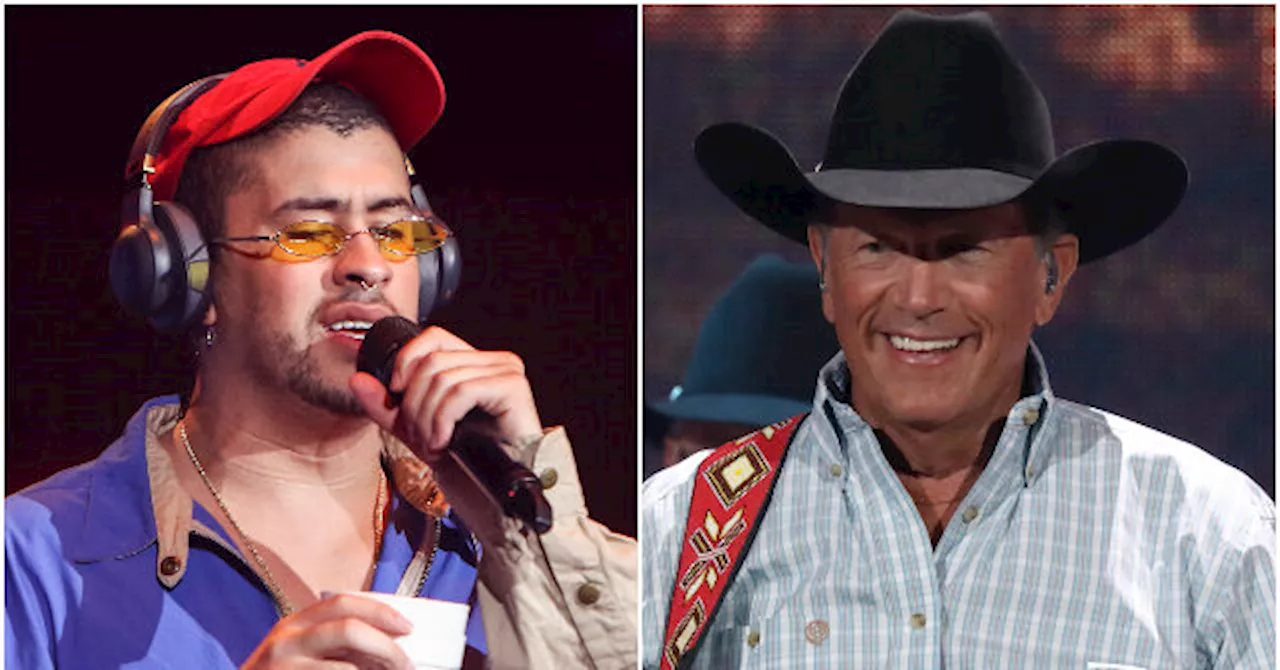A petition has emerged urging the National Football League (NFL) to replace Puerto Rican rapper Bad Bunny with country music legend George Strait for the upcoming Super Bowl halftime show in 2026. The petition has gained traction, amassing over 5,100 signatures as of this writing, with supporters arguing that Strait would better represent American values and culture.
The petition’s organizer contends, “The Super Bowl halftime show should unite our country, honor American culture, and remain family-friendly, not be turned into a political stunt. Bad Bunny represents none of these values.” In contrast, they assert that George Strait embodies “unity, tradition, and the timeless American music” deserving of the Super Bowl spotlight.
Halftime Show’s Evolution and Cultural Significance
Historically, the Super Bowl halftime show has evolved significantly since its inception. Prior to a pivotal performance by Michael Jackson in 1993, the show was often perceived as a mere interruption, with many viewers using the time for bathroom breaks or snack runs. The shift in format aimed to enhance viewer engagement and transform the halftime show into a cultural highlight.
This year’s choice of Bad Bunny has sparked controversy, particularly due to his outspoken stance against U.S. Immigration and Customs Enforcement (ICE). In a past statement, he expressed reluctance to perform in the United States, citing safety concerns for his fans during the administration of former President Donald Trump. “Honestly, I can’t risk the safety of my fans like that. Mainland America just doesn’t feel necessary to me anymore,” he stated.
Despite previous comments, Bad Bunny later embraced the opportunity to perform at the Super Bowl, emphasizing the significance of the moment for his culture and heritage. “What I’m feeling goes beyond myself. This is for my people, my culture, and our history,” he remarked following his selection for the halftime show.
Public Reactions and Broader Implications
The petition reflects a broader cultural debate surrounding representation in major events like the Super Bowl. Supporters of the petition believe that the choice of artists should reflect values that resonate with the majority of American audiences. They argue that George Strait, with his extensive career and appeal across generations, would foster a sense of unity during the Super Bowl, a time when millions gather to celebrate American football.
This discourse highlights the intersection of music, politics, and public sentiment, revealing how artists’ backgrounds and statements can significantly influence their reception. The ongoing conversation about who should headline such high-profile events underscores the evolving nature of cultural expression in America.
As the Super Bowl approaches, the NFL will likely continue to navigate these complex dynamics in selecting performers that resonate with a diverse audience while maintaining the event’s entertainment value.
